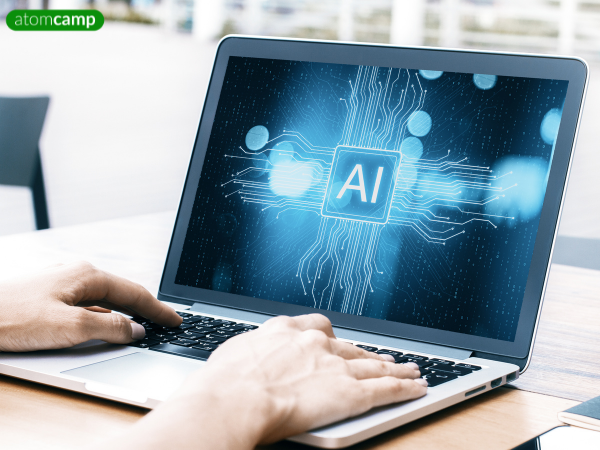Today, humanity is plagued by a plethora of issues, however, the solution to many of these problems can be aided by innovative technological advancements.
Although education was possible without technology, it has undeniably been propelled forward through technological advancements. Meticulous research and studies worldwide have shown that access to computers and the internet allow students to acquire unlimited knowledge. Further, it provides easier retention, storage, and presentation of information. As for teachers, learning has been made more interactive and engaging; it is easier to share copious amounts of knowledge without overwhelming students, and additionally, students have shown increased interest in learning.
All of these factors are indisputably beneficial. However, the advancement of Artificial Intelligence (AI) and its use in education takes these advantages one step further. Let’s discuss if this is for better or for worse.
AI provides students with personalized guidance based on their performance, aptitude and learning styles via algorithmic and pattern-based programming. AI can act as a proponent for encouragement and better attitudes from students. Often issues students face narrow down to the lack of personal 1-on-1 instruction from their teachers. Meanwhile, teachers are unable to provide such care due to the abundance of students. Such individualized advice and counseling can, without a doubt, push students to achieve better grades and help them to formulate career paths earlier in their lives.
Chatbots are an example of AI-based systems to help spot and fill any gaps within a student’s current understanding of their schoolwork. These apps are being increasingly incorporated into classrooms to help students overcome their issues. Real life examples include Thinkstermath: a math tutoring app, Duolingo: a well-known linguistic app, Gradscope: a grading app for teachers that reduces grading time by 70%, Content Technologies inc.: a company that utilizes deep learning technology to customize courses for students, and Brainly: an app that helps students understand their homework through automatic and verified explanations. On the contrary, it can be argued that such forms of learning take away from the importance of the teacher altogether as well as drastically reducing students’ reliance on school attendance.
Further, Learning Management Systems (LMS) are similarly designed to make school administration efficient. Providing automated communication to students and parents, assigning coursework, as well as tracking and grading student progress. Once again, using LMS in schools risks an inevitable lack of teacher importance and takes away from the human interactions and connections formed within school communities.
Virtual Reality (VR) is also an exciting new prospect that could help students comprehend real-life examples of their schoolwork without having to leave the classroom. Although VR is a revolutionary idea applicable to many fields, it could be contended that such learning forms a disconnect from reality and dehumanizes learning experiences for students at an early age. The moral, ethical and health implications could be harmful to students if exposed to VR too early.
Students’ emotional wellbeing can also be tracked through AI via emotion recognition technology. Through this students’ interest levels can be piqued with the help of gamification. AI would be able to recognize pupils’ struggles and ultimately help them succeed. However, this greatly risks violating appropriately designed social boundaries between teachers and students, as well as violating a student’s emotional privacy. Further, it fully eliminates the need for school counselors.
The pros and cons of utilizing AI within education systems are not black and white. Ultimately, its use will vary from nation to nation or even city to city, in the near future. My personal take on the matter is that as long as it is used wisely and within protocol, AI technology could have great implications in education moving forward and profoundly impact our students’ lives.

